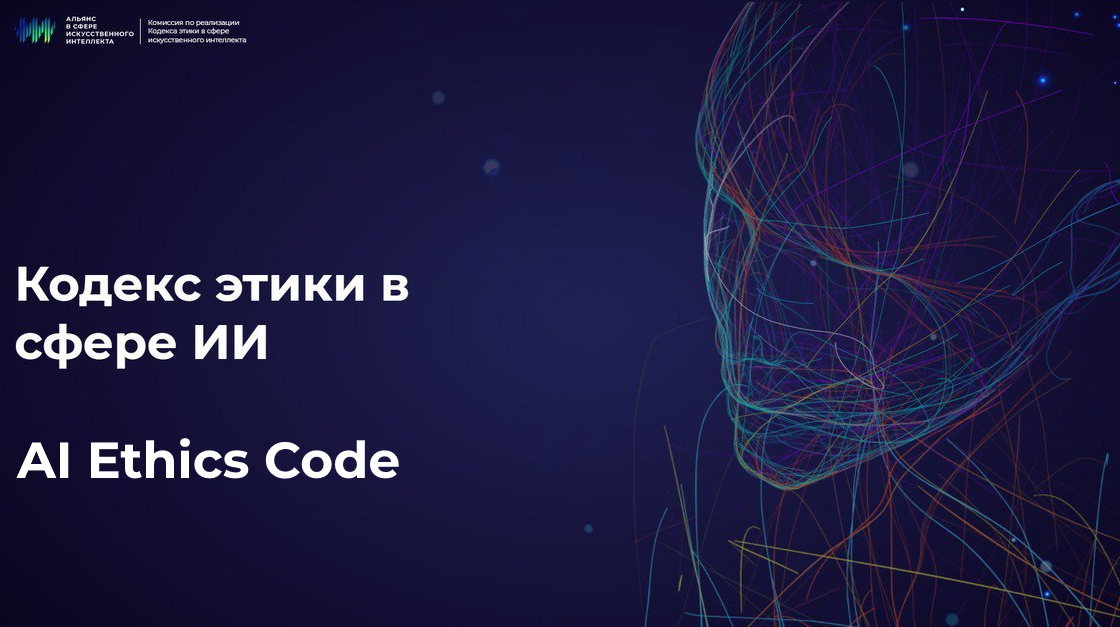Российский Кодекс этики в сфере искусственного интеллекта — один из самых масштабных и практически применимых этических документов в мире. К 2025 году его подписали свыше 900 организаций, включая более 50 зарубежных компаний, а также федеральные и региональные органы власти, научные учреждения и ведущие ИТ-компании.
Кодекс остаётся востребованным не только в России, но и за её пределами благодаря своей добровольной основе, акценту на человекоцентричность, справедливость, прозрачность и безопасность, а также охвату всех этапов жизненного цикла ИИ — от разработки и тестирования до внедрения и использования.
Ключевая особенность российской модели — это институт уполномоченных по этике ИИ. Каждая подписавшая организация назначает сотрудника, ответственного за внедрение и соблюдение принципов Кодекса внутри своей структуры. Эти специалисты могут номинироваться в состав Комиссии по реализации Кодекса, которая координирует развитие документа, формирует повестку, инициирует обсуждение лучших и худших практик и обеспечивает межотраслевой диалог.
На базе Комиссии по реализации Кодекса действуют шесть рабочих групп, каждая из которых специализируется на отдельном тематическом направлении: этика ИИ в медицине, образовании, правосудии, оценка гуманитарного воздействия, эффективности реализации Кодекса и сбор лучших практик. В состав рабочих групп входят эксперты и представители организаций-подписантов, занимающиеся разработкой прикладных рекомендаций и отраслевых документов в продолжение Кодекса.
На базе Кодекса уже подготовлены:
· этические декларации — о генеративном ИИ, ответственном экспорте технологий и роботах общего назначения;
· этические рекомендации — в том числе по цифровым двойникам, рекомендательным системам и автономным транспортным решениям;
· а также Кодекс этики в сфере ИИ в медицине и здравоохранении.
Значимым результатом работы стало издание в 2024 году «Белой книги этики в сфере ИИ», созданной при участии более 90 экспертов. В книге представлены 42 ключевых вопроса, практические кейсы и подходы к решению этических вызовов, с которыми сталкиваются разработчики, регуляторы и пользователи ИИ.
6 июня 2025 года, в рамках Глобального цифрового форума в Нижнем Новгороде, состоится церемония подписания Кодекса с участием новых международных партнёров.
Все документы, разработанные в рамках и в развитие Кодекса, доступны на официальном сайте: https://ethics.a-ai.ru/
Организаторы приглашают заинтересованные организации со всего мира присоединиться к следующим раундам подписания и стать частью открытого международного сообщества, формирующего этичные подходы к развитию ИИ.




